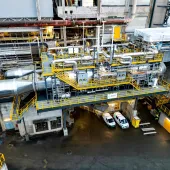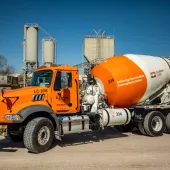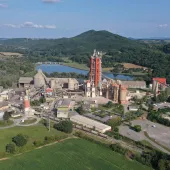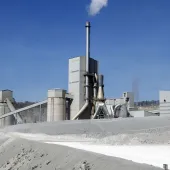Carbon-negative concrete gains Verra approval
Partanna, a company developing sustainable building materials, has achieved a major milestone by receiving validation from Verra, the world’s largest voluntary carbon registry. The approval covers the use of Partanna’s carbon-negative concrete in a project aimed at capturing and storing CO₂ while reducing emissions.
The project, Using direct air capture to manufacture carbon negative concrete, is registered under Verra’s Verified Carbon Standard (VCS) programme. It is one of only two concrete-related initiatives globally to meet Verra’s rigorous standards.
Rick Fox, co-founder and CEO of Partanna, says, “This is a clear demonstration that carbon credits in construction can be rock-solid. With our technology, we’re creating credits that are measurable, verifiable, and permanent. Our cement binder doesn’t just avoid emissions; it actively removes CO₂ from the atmosphere.”
Partanna’s cement eliminates the use of Portland cement, a material that accounts for around 9% of global CO₂ emissions. Instead, the company utilises brine and industrial waste, producing a concrete that removes CO₂ from the air, mimicking the behaviour of trees.
The project, based in The Bahamas, is expected to reduce and sequester an average of 644,000 tonnes of CO₂ annually over the next decade, equivalent to removing a year’s emissions from a country like Cyprus. The company has also committed to building 1,000 carbon-negative homes annually in the region, offering resilience to hurricanes and other climate challenges.
Verra’s approval enables Partanna to issue verified carbon credits for sale globally, supporting organisations seeking to offset their emissions. Fox emphasises the significance of this approach, stating, “The planet needs solutions like ours right now.”
With plans to scale its technology, Partanna aims to remove 1 billion tonnes of CO₂ by 2050 while reshaping the construction industry to align with global climate goals.







